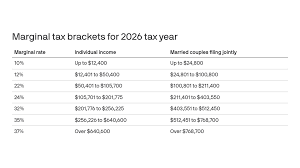Understanding Roth Conversions: Important Considerations
When it comes to retirement planning, one of the strategies that often pops up is the Roth conversion. The decision to convert traditional IRA funds into a Roth IRA can offer significant benefits, but it's essential to weigh several key considerations before moving forward. Here are critical factors to keep in mind during the conversion process:
1. Charitable Intentions
One of the first things to consider is your charitable giving plans. If you intend to donate a portion of your retirement funds to charity, this could impact the decision to convert. In cases where charitable contributions are planned, a direct donation from a traditional IRA can be more tax-efficient than converting to a Roth IRA and then donating.
2. Medicare Lookback Period
The Medicare lookback period is another vital factor. Be aware that a Roth conversion could impact your Medicare premiums. Generally, any conversion income is taxable, and a significant increase in your reported income might result in higher Medicare premiums down the line. Keeping these potential implications in mind is crucial when considering how much to convert and when.
3. Availability of Cash to Cover Taxes
Converting to a Roth IRA means you'll be paying taxes on the converted amount in the year of the conversion. Hence, having enough cash reserves to cover this tax expense is vital. It might not make sense to proceed with a conversion if paying the taxes would involve dipping into retirement savings prematurely.
4. Required Minimum Distributions (RMDs)
Have you completed all your Required Minimum Distributions (RMDs) from traditional retirement accounts for the year? Ensure you satisfy RMD requirements before executing a Roth conversion, as failing to do so could lead to penalties.
5. Anticipation of Low-Income Years
Forecasting your future income is also helpful in planning a Roth conversion. If you expect a drop in your income level in the upcoming years, it might be wise to schedule the conversion during that period. A lower income year means potentially falling into a lower tax bracket, which can reduce the tax burden of the conversion.
In conclusion, while Roth conversions can offer tax-free growth and withdrawals during retirement, they require thorough assessment and planning. It's often beneficial to consult with a financial advisor to weigh the pros and cons tailored to your financial situation.
Disclaimer: To the fullest extent permissible pursuant to applicable laws, Haynie Wealth Management (referred to as "Haynie") disclaims all warranties, express or implied, including, but not limited to, implied warranties of merchantability, non-infringement and suitability for a particular purpose. None of the information provided in this publication is intended as investment, tax, accounting or legal advice, as an offer or solicitation of an offer to buy or sell, or as an endorsement of any company, security, fund, or other securities or non-securities offering. The information should not be relied upon for purposes of transacting securities or other investments. All sources are deemed to be reliable, but are not guaranteed and should be independently verified. In no event shall Haynie Wealth Management have any liability to you for damages, losses and causes of action for accessing this information. Past performance is not indicative of future results.





















